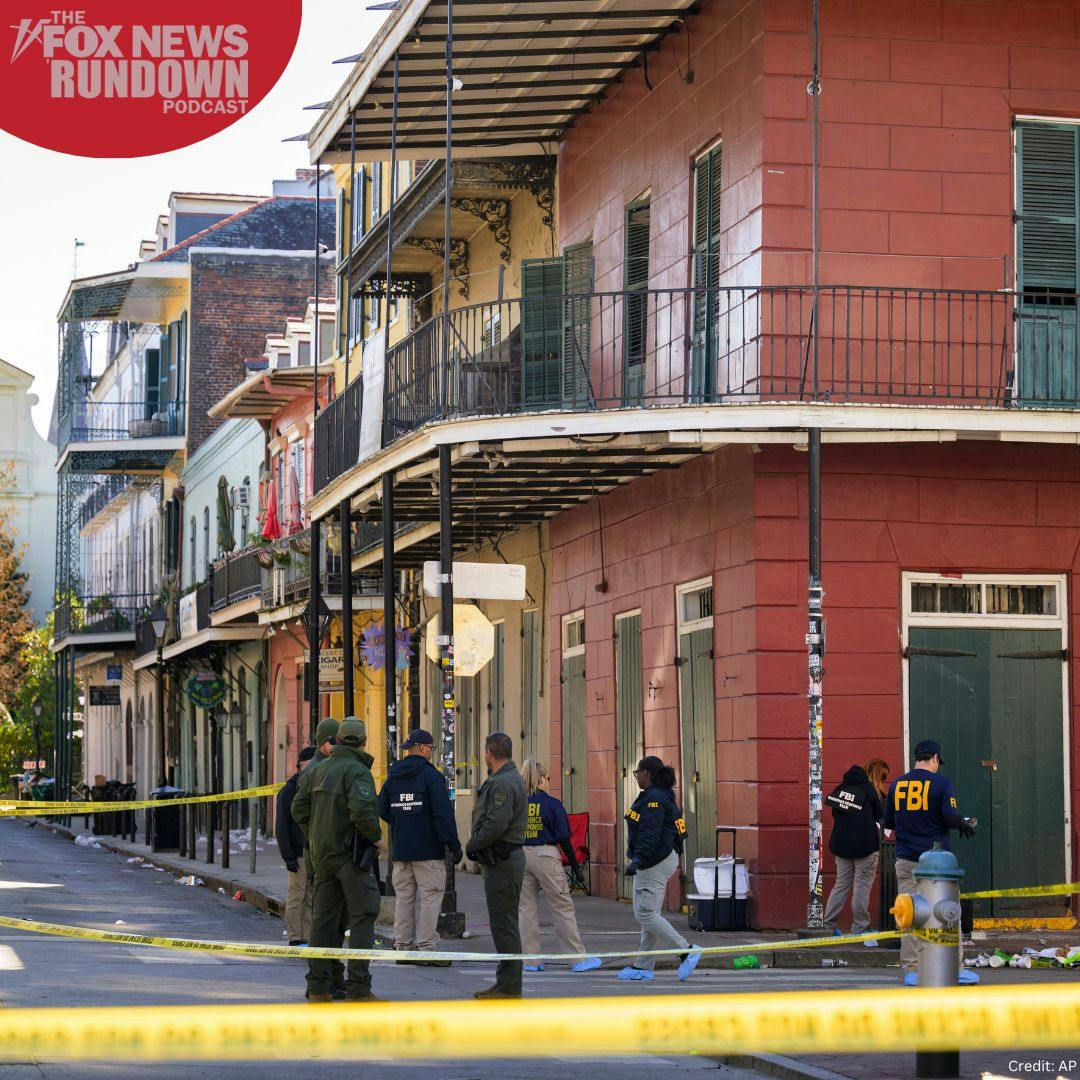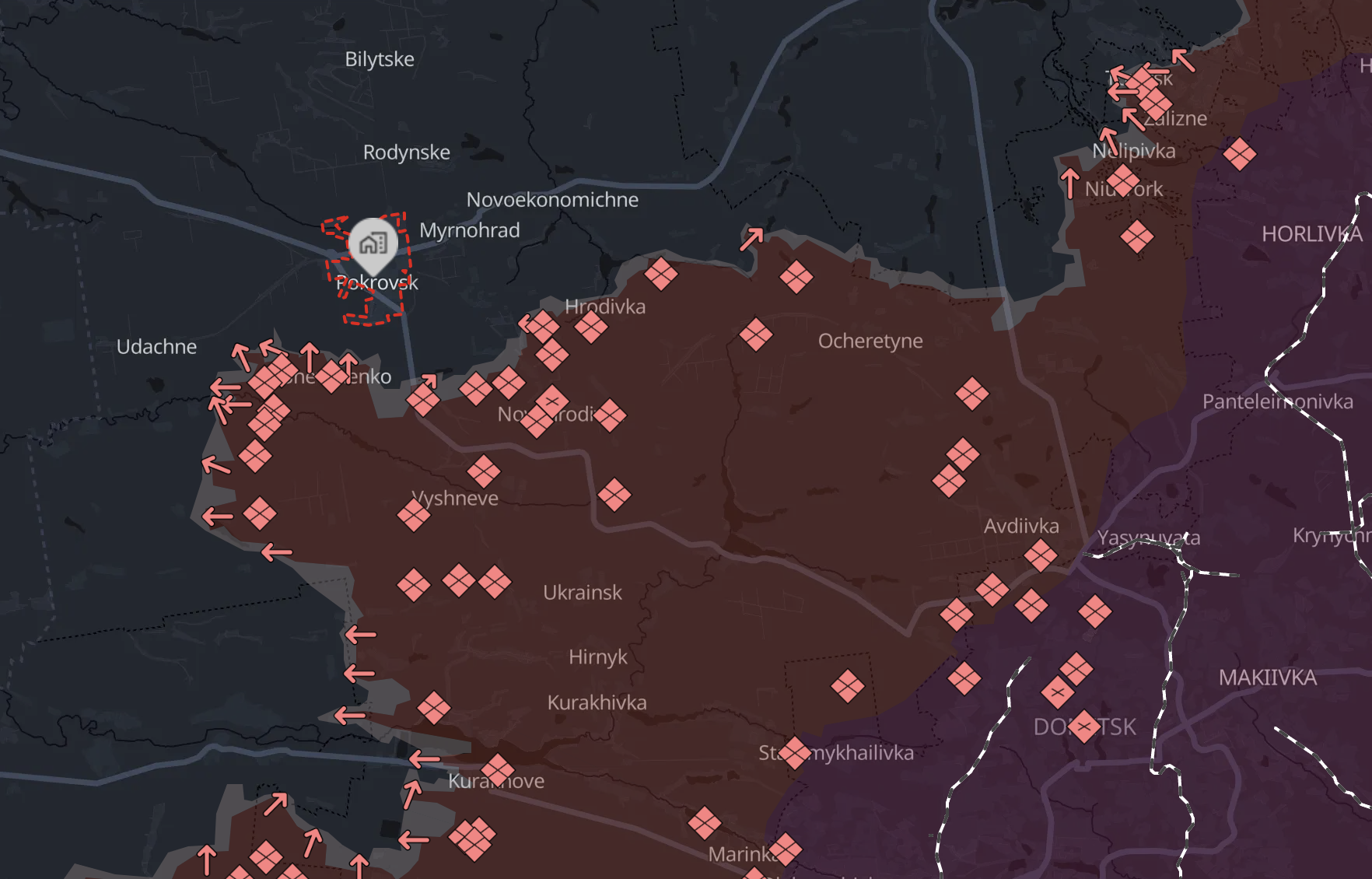Russians continue to engage units of the army of North Korea in combat operations in the Kursk region. On New Year’s Eve, the North Korean soldiers got drunk, according to the Defense Intelligence of Ukraine.
According to the Defense Intelligence of Ukraine, North Korea continues to suffer significant losses among its personnel. To replace the losses and strengthen their positions, Russian commanders are deploying new North Korean soldiers to the front line. On December 31 and January 1, North Korean soldiers were moved to positions near the settlements of:
- Fanaseevka;
- Ulanok;
- Cherkasskaya Konopelka.
At the same time, lower-level commanders lie in their reports to the higher command about real losses among North Korean soldiers.
“The morale of the North Korean soldiers has fallen. They are constantly being treated with Russian army propaganda about the great importance of the North Korean army’s participation in the war against Ukraine. On New Year’s Eve, cases of alcohol abuse were recorded among North Korean soldiers, including those involved in combat operations,” the intelligence adds.
Participation of North Korean troops in Russia’s war against Ukraine
According to South Korea, about 11,000 North Korean soldiers were sent to Russia. Some of them were transferred to the Kursk region after training.
On December 16, President Volodymyr Zelenskyy said that North Korean soldiers had already begun to take part in battles in the Kursk region of Russia.
Meanwhile, the Pentagon does not see much effectiveness in the participation of North Korean troops in the battles and has reported significant losses.
Read our article to find out what the North Korean troops bring to Russia and whether there is any effect on the frontline.


 screenshot of deepstatemap.live
screenshot of deepstatemap.live